How To Find Lasting Fulfilment In Your Next Role
You landed the job you wanted. WAHOO! Go you. 🎉
Fast-track to a few weeks in…
You’re wondering whether all the awesome things they promised in the interview are for real, or were they just a ploy to fill a position that’s been vacant for way too long?
It’s a tough time to fill jobs. As recruiters, we know how hard it is not only to match skills to job openings, but to match candidates with a company’s culture and values. We also know that not every company is genuine when it comes to honouring what they claim.
We all experience frustration at work, but if we discover there’s constant friction between our own values and those of an employer, it can be anxiety-inducing at the least, and at worst will lower our whole quality of life.
Life’s too short for that!
Which is why finding lasting fulfilment in work starts with this:
Aligning your values with theirs.
Even if you’ve not previously thought about matching your values with those of a potential employer, the long-term payoffs are worth investing a bit of your time now.
Personal values aren’t always easy to define, and you’ll evolve them as time goes by. But the sooner you spend a little time getting clear on your top few, the more satisfaction you’ll gain from finding work that aligns with them. And when you find that place, workplace woes pale into insignificance.
What’s more, when you know your values and let them lead you to the decisions you make when it comes to work, you open yourself up to opportunities in other sectors you may not have considered before.
What lifts you off your chair and into the day (without much effort)?
Look at what comes easily and enjoyably to you (knowing that life isn’t perfect and you’re not always going to love every minute of every workday). If your workplace has a culture that allows you to be yourself and feel valued, the challenges won’t come with such hardship and stress.
For example, you might love the thrill of the chase in a sales role. You might be a passionate, results-driven person and are calm under pressure. If the company has a stern management style that reveals insensitive behaviour toward others under pressure, yet they see it as ‘just letting off steam’, it’s a definite values mismatch.
Jot down a few key things you prioritise in life and work, and how the actions you take each day mirror those priorities. Ask friends and family what they see is important to you, and what’s not.
Hunt them down
When you’re researching and approaching a business for work, you’ll usually be able to dig up enough information to give you an idea of the type of company they are.
Go online for:
- Website ‘About’ pages where their vision, mission and values might be stated
- Sites like Glassdoor and Seek, where they often have company ratings and employee reviews
- Social media channels (including forum sites like Reddit and Quora)
- Company blogs
- Direct messages to potentially insightful connections in your online network
Have in-person conversations with:
- Your immediate family
- Friends
- Work-based connections
- HR managers in the companies you’re researching
- The contact person for jobs you want to write applications for
Be bold in interviews
Easy said, right? Hear us out…
You don’t have to be the extroverted, super-confident type to be bold in an interview. As recruiters, we fully empathise with how daunting interviews can be. Being bold can simply mean asking hiring managers a few deeper questions to challenge their thinking. (Hint: hiring managers are also nervous.) Irrespective of how they respond, it will give you a gut feel as to whether the ‘vibe’ sits right with you.
Some of those questions might be:
- What do you do to maintain an engaged and positive workplace?
- What activities do you do as a team?
- How do you resolve internal conflict?
- What is it about the company that makes you stay here?
- Was there anything you were told when you started work here that wasn’t honoured?
- Are there any common challenges to the team that have lowered morale?
- What’s the company’s approach to feedback and performance reviews?
While you will tailor some questions more specifically to your values, these examples are a good way of working out whether their general day-to-day conduct resonates with you or not.
Add your values to your resume
Once you’ve gained some clarity on what the company’s vision, mission and values are, tailor your resume to show you’re a good fit. You can state your values explicitly in point form or weave them into certain sections as sentences. You’d be surprised how well they’re received as most companies want to avoid hiring people who end up being a poor fit—costing them more in time, money, and reputation.
Draw from past experiences
Look at where past employers taught you lessons about what you do and don’t like in a workplace. Use examples to demonstrate in interviews how you contributed to their goals, how your input was received, and what you took from those experiences to give you clarity on your career objectives.
Overall, creating a values-oriented approach to your work has far-reaching benefits that affect everyone you interact with at work and in your personal life.
And whichever recruiters you choose, be sure to do a bit of vetting to ensure they also make the effort to put you in front of values-oriented employers.

